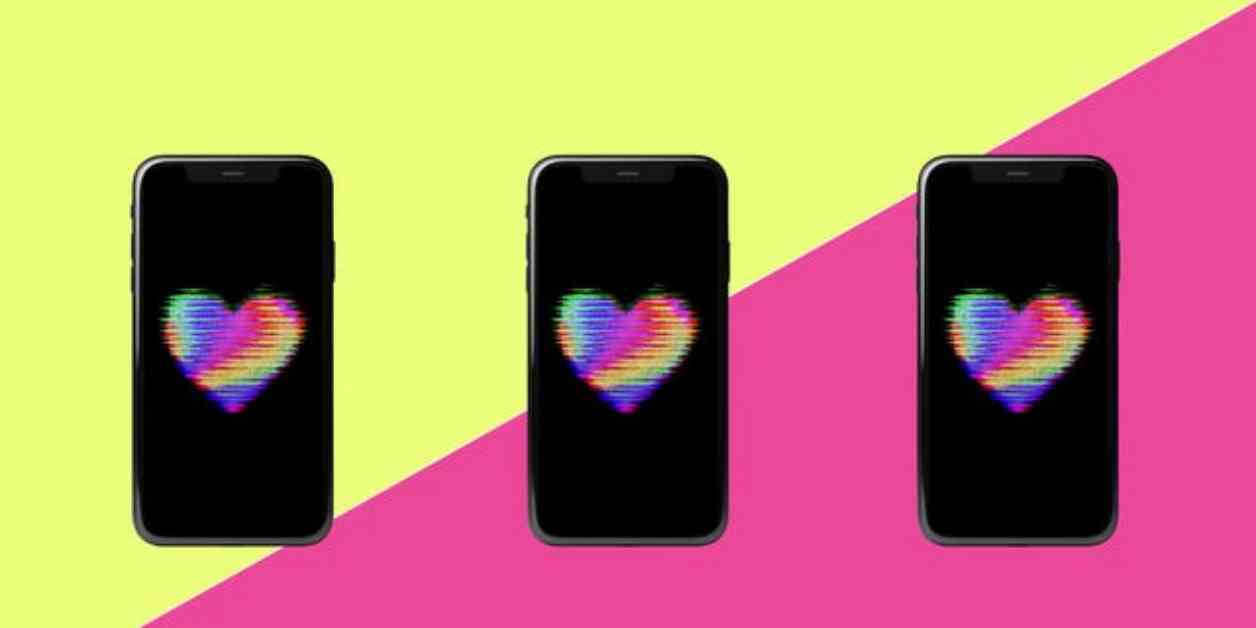Dating apps have been a staple in the modern dating scene for over a decade, with Tinder leading the way in normalizing online dating. However, in 2024, the landscape of virtual dating seems to be shifting. With rising subscription fees, complex algorithms, and a decline in memberships, many individuals are finding online dating to be more frustrating than fruitful. The ease and novelty that once accompanied finding love on dating apps have waned, leaving users feeling exhausted and disillusioned.
### The Rise of Dating App Disenchantment
The dissatisfaction with dating apps has been on the rise, especially in the post-pandemic world. According to relationship sociologist Jess Carbino, Ph.D., who has worked with Tinder and Bumble, 78 percent of dating app users report feeling emotionally, mentally, or physically exhausted by the experience. This sentiment is echoed by many users who feel that despite investing time and effort into swiping and building profiles, they are not finding the meaningful connections they desire.
Kathryn Coduto, Ph.D., an assistant professor of media science at Boston University, notes that the proliferation of dating apps has led to technology fatigue among users. Many individuals find themselves juggling multiple apps simultaneously, leading to burnout. The quest for genuine connections amidst a sea of profiles and swipes can be draining, with many users experiencing negative interactions such as ghosting and disheartening experiences.
### The Financial Burden of Dating Apps
In addition to the emotional toll, the rising cost of dating apps is also contributing to user burnout. While dating apps were initially free to download, many now offer premium subscription services that promise enhanced features and experiences for a fee. The paywall strategies implemented by apps like Hinge, Tinder, and Bumble can add up, leading to feelings of overwhelm and reluctance among users.
Morgan Anderson, PsyD, a clinical psychologist and relationship coach, highlights the shift in focus from acquiring as many users as possible to generating revenue among dating app companies. The prevalence of subscription models and in-app purchases has led to a sense of disillusionment among users who question the value of paying for features that may not necessarily improve their dating experience.
### The Gamification of Dating Apps
Dating apps have evolved into gamified platforms that incentivize user engagement through features like “super likes,” limited messaging windows, and in-app purchases. However, the gamification of dating apps has also spurred users to develop strategies to navigate the system and optimize their chances of finding a meaningful connection.
Marisa T. Cohen, Ph.D., a therapist and relationship scientist, cautions that the efficacy of paying for premium features on dating apps is unclear. Anecdotal stories suggest that users may receive more matches and interactions before paying for a subscription, raising questions about the ethical practices of dating app algorithms. The allure of exclusive features and enhanced experiences may drive users to make in-app purchases, but the true impact on their success remains uncertain.
### A Shift Towards Real-World Connections
Despite the challenges posed by dating apps, individuals are exploring alternative avenues to meet potential partners. Gen Z and millennials are embracing old-fashioned methods such as speed dating, matchmaking services, and social gatherings to expand their dating pool. The stigma surrounding non-traditional ways of meeting people is fading, with singles becoming more open to experimental approaches to finding love.
Anderson emphasizes the importance of maintaining a healthy relationship with dating apps and incorporating other means of meeting people into one’s life. By striking a balance between online and offline interactions, individuals can enhance their chances of forming meaningful connections. Whether through social events, hobby groups, or mutual connections, the possibilities for meeting potential partners extend beyond the confines of dating apps.
In conclusion, the effectiveness of dating apps in today’s dating scene is a complex and evolving issue. While some users may find success and satisfaction through these platforms, others may experience frustration and disillusionment. As the landscape of online dating continues to shift, individuals are encouraged to explore a variety of avenues for meeting potential partners and to maintain a healthy and balanced approach to their dating endeavors.


















